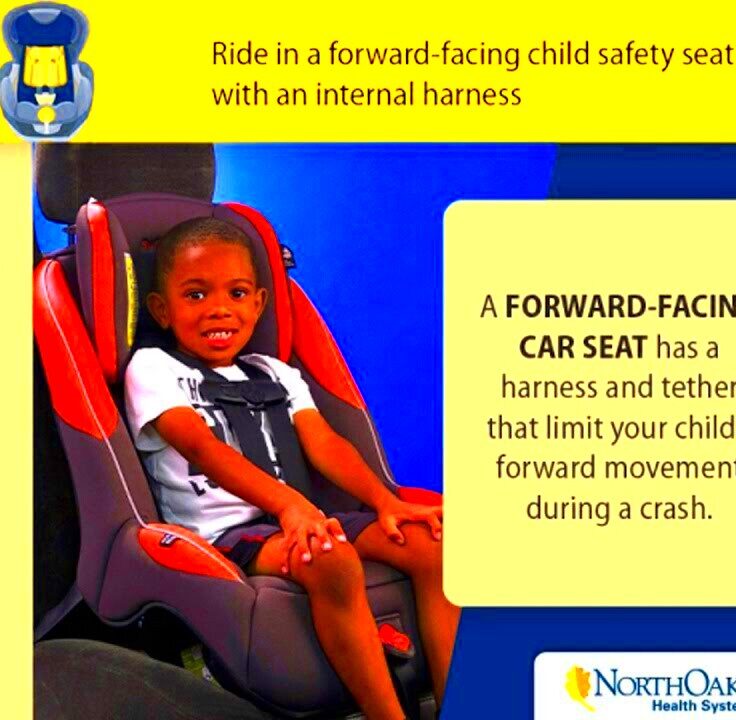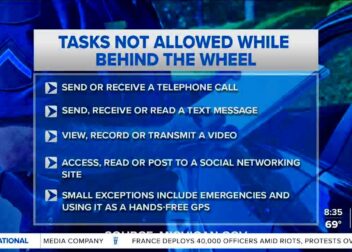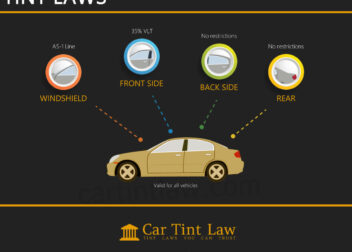Louisiana’s Child Passenger Safety Law Enforcement
Louisiana is committed to ensuring the safety of our children when it comes to traveling in vehicles. If you’re a parent or caregiver in the state it’s crucial to be aware of the regulations in place to safeguard your child during journeys. The child passenger safety laws in Louisiana emphasize the use of car seats and seat belts to keep children secure and shielded in the event of an accident.
The regulations are designed to correspond with a childs age, weight and height. They stress the importance of ensuring that all children are secured in a properly installed car seat or booster seat until they fulfill certain criteria. This considerate strategy aims to protect our young passengers and provides reassurance to parents and caregivers.
Key Requirements for Child Safety Seats
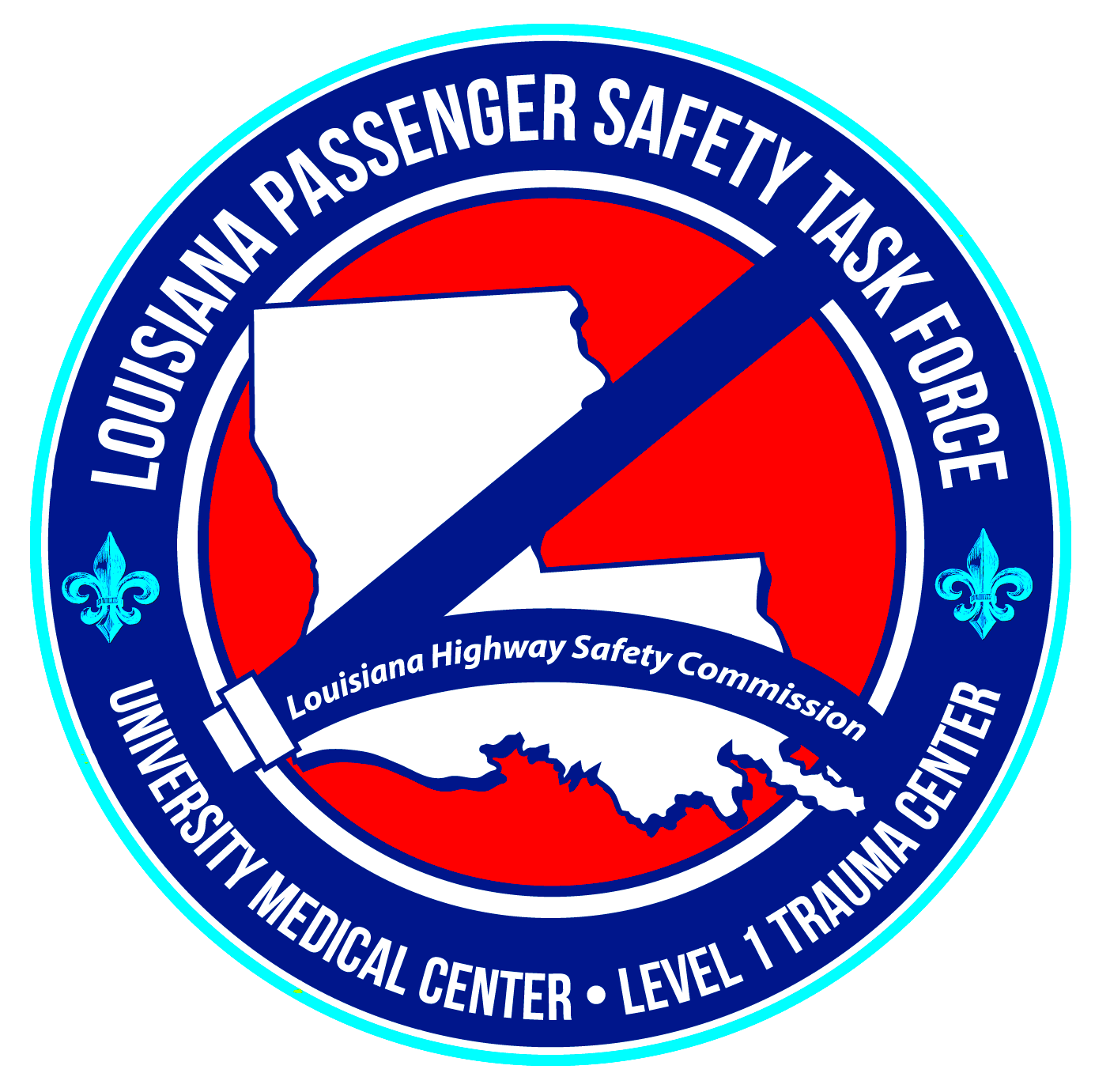
Louisianas rules outline how to correctly use child safety seats. Lets take a closer look at the details.
- Infants: Newborns and infants must be placed in rear-facing car seats until they are at least 2 years old or until they exceed the car seat’s weight and height limits.
- Toddlers: Once your child outgrows the rear-facing seat, they should transition to a forward-facing seat with a harness. This should continue until they reach the car seat’s weight and height limits.
- Booster Seats: After outgrowing the forward-facing seat, children should use a booster seat until they are at least 4 feet 9 inches tall, typically around 8 to 12 years old.
- Seat Belts: Children who are 9 years old or older and meet the height requirements should use a standard seat belt. However, it’s crucial that the seat belt fits properly across their lap and shoulder.
Dont forget that using the car seat at every stage is vital to keep your child safe. Adhering to these recommendations can greatly impact the outcome in case of an accident.
Enforcement Practices by Law Enforcement Agencies
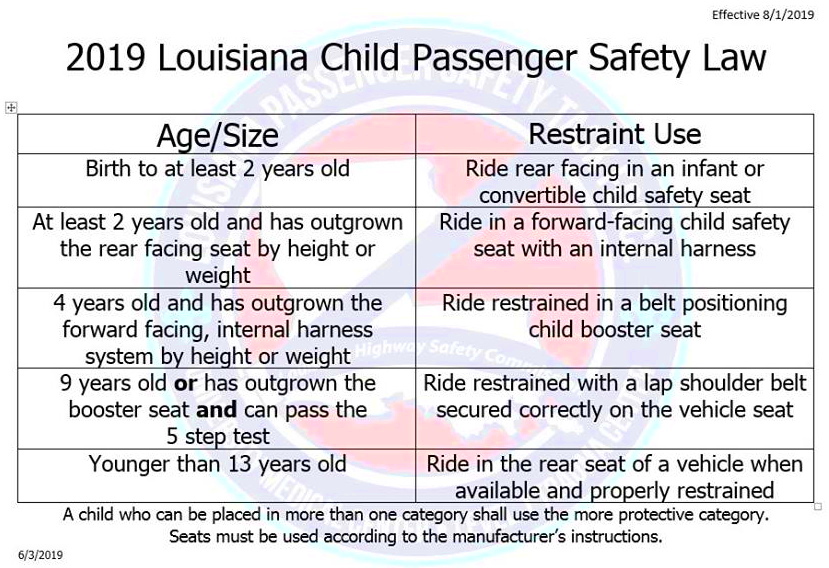
In Louisiana police agencies are proactive in upholding child passenger safety laws. Officers receive training to ensure that car seats are installed correctly and meet state requirements. Here’s their approach to enforcement, in this matter.
- Routine Traffic Stops: During regular traffic stops, officers may inspect child safety seats to ensure they meet legal requirements. This practice helps catch any issues early on and offers an opportunity for parents to correct any mistakes.
- Safety Checkpoints: Occasionally, law enforcement sets up safety checkpoints specifically focused on car seat safety. These checkpoints provide a chance for officers to educate parents about proper installation and to offer assistance if needed.
- Public Awareness Campaigns: Law enforcement often participates in or supports public awareness campaigns to educate parents about the importance of proper car seat use. These campaigns may include community events and online resources.
Louisianas law enforcement takes steps to make sure kids are on the road. If you ever feel unsure about your car seat reach out to the authorities for assistance or join a car seat inspection event for support.
Penalties for Non-Compliance
Not adhering to Louisianas laws regarding child safety seats while driving is not just about overlooking a rule. Its about putting safety at risk and facing potential legal repercussions. If you’re caught disregarding these crucial guidelines the consequences can be substantial highlighting the states commitment to ensuring the well being of young passengers.
Here’s a brief overview of the possible consequences.
- Fines: Violating child passenger safety laws often results in fines. These fines can vary, but they typically start around $100 and can increase depending on the number of offenses or severity of the violation.
- Points on Driving Record: Besides fines, non-compliance may lead to points being added to your driving record. Accumulating too many points can impact your insurance rates and even lead to a suspension of your driving privileges.
- Mandatory Court Appearance: In some cases, you might be required to appear in court. This is often a way for the judge to ensure you understand the seriousness of the violation and to offer educational resources if necessary.
Based on my personal experience I recall an instance where a friend encountered penalties for not updating their car seat as their child grew. It was a moment, but it also highlighted the significance of adhering to safety regulations. The fines were considerable and appearing in court was an eye opener. Staying up to date and ensuring that your childs car seat complies with legal requirements is always wise.
How to Ensure Your Child’s Safety Seat Meets Legal Standards
Making sure that your kids car seat meets the standards might feel overwhelming but its essential for their well being. Here are some tips to assist you in ensuring that you’re on track with everything.
- Check the Manual: Always refer to the car seat’s manual. It provides essential information about installation, weight limits, and height requirements. Keep it handy and refer to it whenever you need to make adjustments.
- Verify Installation: Make sure the car seat is securely installed. Many local fire stations and police departments offer free car seat checks. They can ensure that your seat is installed correctly and answer any questions you might have.
- Follow State Guidelines: Review Louisiana’s child passenger safety laws to understand the requirements for different age groups. The laws can change, so staying updated is key.
- Regular Updates: As your child grows, their car seat needs will change. Ensure that you transition to the appropriate car seat as your child reaches the weight and height limits for their current seat.
Based on my experience I recommend not relying on a reminder to check your car seat. Taking the time to review your childs seat arrangement and keeping yourself informed about state regulations can help avoid problems and ensure safety.
Resources for Parents and Caregivers
As moms and dads it can be quite a challenge to understand the laws regarding child passenger safety. Luckily there are numerous resources at your disposal to assist you in keeping your little ones safe.
- Local Car Seat Inspection Stations: Many local fire stations and police departments offer car seat inspection services. These are valuable for getting personalized advice and hands-on assistance.
- Online Resources: Websites like the National Highway Traffic Safety Administration (NHTSA) provide comprehensive information about car seat safety and installation tips.
- Community Workshops: Look for workshops and community events focused on car seat safety. These often provide practical demonstrations and answer common questions.
- Parenting Forums: Engaging with online parenting communities can offer support and advice from other parents who have faced similar challenges.
While figuring out the car seat regulations for my kids I discovered that local workshops and online communities were really useful. They not only offered the information I needed but also introduced me to other parents who shared their experiences and advice. Making use of these resources can simplify the process and help you keep your child safe while driving.
Recent Changes and Updates in the Law
Keeping up with the latest updates in child passenger safety regulations can be tough but it’s essential for ensuring the safety of your kids. Louisiana has recently introduced changes to enhance child safety in vehicles. These updates are based on research and best practices in car seat safety. Being aware of these changes is key to ensuring that you comply with the law while also keeping your child protected.
Here are some notable updates:
- Extended Rear-Facing Requirements: Louisiana has extended the age and weight limits for rear-facing car seats. Children now need to remain in a rear-facing seat until they are at least 2 years old or until they exceed the seat’s height and weight limits, whichever comes first.
- Improved Booster Seat Regulations: The state has clarified the requirements for booster seats, ensuring that children use them until they reach 4 feet 9 inches in height. This change aims to provide better protection as children transition from car seats to regular seat belts.
- Enhanced Penalty Structure: Penalties for non-compliance have been updated to reflect a greater emphasis on safety. This includes increased fines and more rigorous enforcement practices.
When the news about these changes broke it was quite a challenge to get used to the new rules. However putting in the effort to grasp and apply these updates really went a long way in keeping my kids safe. Staying updated and adjusting to these new norms is definitely beneficial for the sake of your loved ones.
Common Questions and Answers
When it comes to laws regarding child passenger safety, parents often have inquiries. To help alleviate any confusion, here are some frequently asked questions along with their responses.
- What if my child is too tall for their car seat but still under the weight limit? If your child exceeds the height limit of their car seat, it’s time to transition to a forward-facing seat or booster seat, even if they haven’t reached the weight limit. Height limits are crucial for ensuring the seat provides adequate protection.
- Can I use a second-hand car seat? While it’s tempting to use a second-hand car seat, it’s generally not recommended unless you know its history and ensure it has not been in an accident. The safety of your child is paramount, and older seats may not meet current safety standards.
- How often should I check the car seat installation? It’s a good idea to check the car seat installation every few months and after any long trips. Children grow quickly, and regular checks ensure that the seat remains properly installed and adjusted to fit your child’s needs.
Based on what I’ve encountered these inquiries tend to come up during car seat inspections or when new rules are put in place. It’s wise to turn to trustworthy sources for information and reach out to experts if you’re unsure about something. Staying updated plays a role in creating a secure travel setting for your little one.
Conclusion
It is crucial for all parents and caregivers to grasp and follow Louisianas laws regarding child passenger safety. These rules are put in place to safeguard our young ones and ensure their well being while traveling. This includes being aware of the guidelines for various car seat stages and keeping up with any recent updates. Staying informed and taking measures can have an impact, on keeping our little passengers safe.
While we go through these regulations, let’s not forget that their purpose is to ensure the safety of our children. By staying up, to, date with car seat rules keeping an eye out for changes and exploring available resources we can all play a role in creating a safer driving environment for our kids. Adopting these habits not helps us adhere to the law but also brings us reassurance that we are doing everything we can to safeguard our loved ones.
